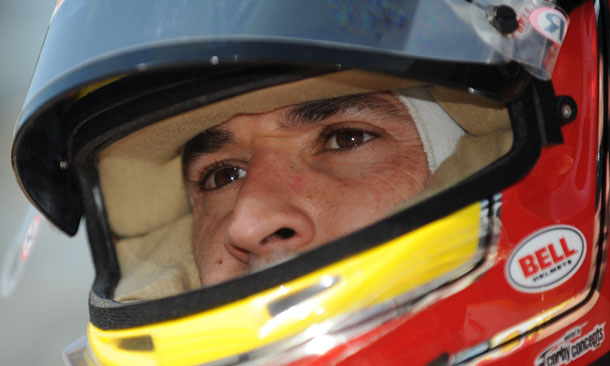
His Roman counterpart was called Sol (from the Latin word meaning “sun”). Over time, Helios became identified with other gods, most notably Apollo. Very often he was simply called “Titan” or “the Titan.” Helios was sometimes known as Hyperion (also his father’s name), which means “high one” or “he who moves above”-an appropriate name for a sun god. It is more likely that Helios’ name (and the Greek noun with which it is identical) comes from the Indo-European word for sun, * seh₂u-el. Nowadays, these efforts are regarded as folk etymologies. The Suda, on the other hand, connected the word to either ἀολλίζεσθαι ( aollízesthai), meaning “to come together” (because of the “coming together” that occurs during the daytime), or to ἀλεαίνειν ( aleaínein), meaning “to warm.” The ancient Greeks suggested several fanciful etymologies for Helios’ name: Plato, for example, derived the name (and the noun) from either the verb ἁλίζειν ( halízein), meaning “to collect” (because the sun “collected” humans whenever it rose), or from the phrase ἀεὶ εἱλεῖν ( aeì heileîn), meaning “to turn constantly” (because the sun was constantly turning around the earth).


Hḗlios) was also the ancient Greek word meaning “sun.” Variant spellings include the Homeric Ἠέλιος ( Ēélios), the Doric and Aeolic Ἅλιος ( Hálios) or Ἀέλιος ( Aélios), and the Cretan Ἀβέλιος ( Abélios) or Ἀϝέλιος ( Awélios). The name “Helios” (Greek Ἥλιος, translit. (Similarly, Helios’ sister Selene was increasingly identified with Apollo’s sister Artemis.) His cult did, however, become much more important in later antiquity, when the sun god came to be identified with the more powerful Apollo, the Olympian god of divination, healing, and the arts. Though Helios was treated with awe and reverence by the ancient Greeks, he was rarely worshipped. In one myth, Helios’ rash son Phaethon tried to drive the blazing chariot himself, but he lost control of the horses, scorched the earth, and was ultimately killed.

Every day, Helios drove his chariot across the sky to bring light to the world. He served as both the god of the sun and the sun personified. Helios, often known simply as “the Titan,” was the son of the Titans Hyperion and Theia.


 0 kommentar(er)
0 kommentar(er)
